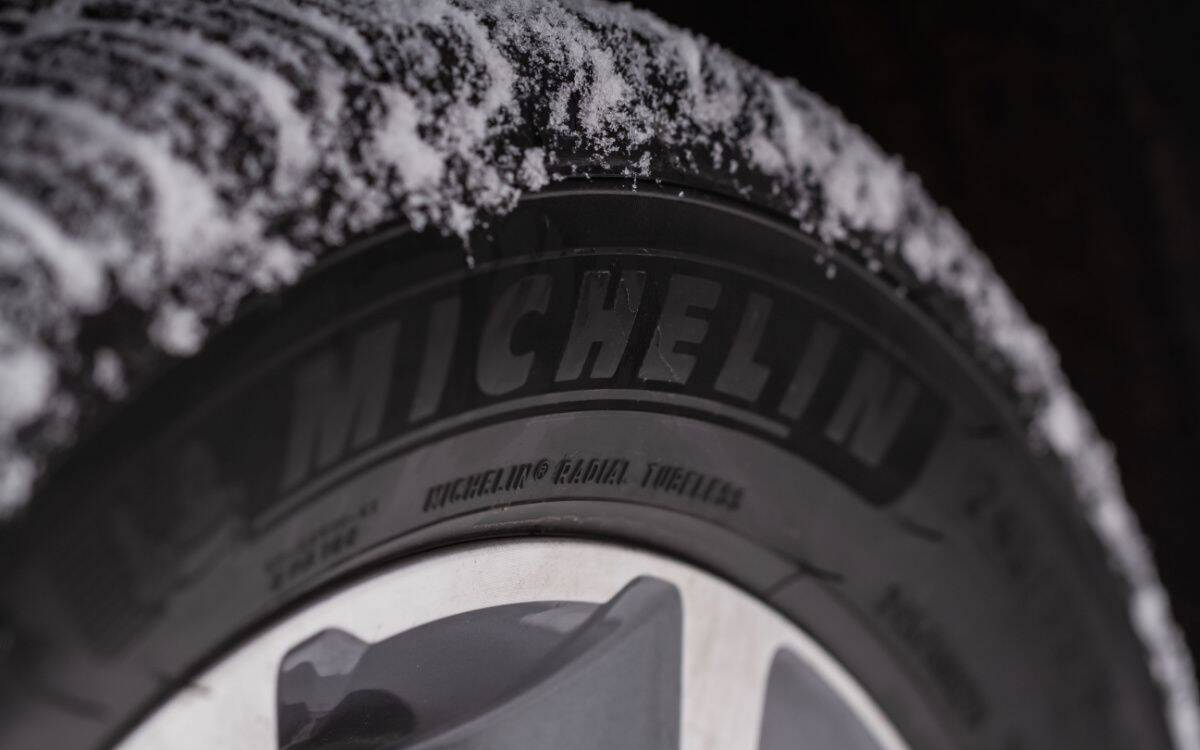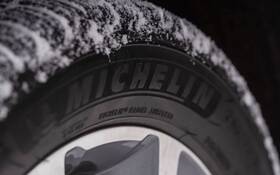Thousands of Michelin Tires Recalled for Lack of Winter Readiness
Forgive us for talking about winter tires when spring is in full swing, but a new recall by Michelin leaves us no choice.
As you know, all tires marked with a three-peak mountain snowflake symbol (3PMS) must meet safety and winter traction requirements as established by Transport Canada. Ironically, these requirements don’t have much traction themselves, and they seldom are enforced.
- Also: Winter Tire Exemption: Where and How?
- Also: All-Wheel Drive vs. Winter Tires: Which One is Best?
In the case of Michelin, over 77,000 Agilis CrossClimate C-Metric tires, mainly used on cargo and passenger vans, are now being recalled across the country because they don’t meet the minimum snow traction requirements of Canadian regulations. They are defined as an all-weather or all-climate tire and not a pure winter tire, but they still wear the 3PMS logo.
It turns out that many of those don’t have what it takes to keep drivers safe through winter as they increase the risk of a crash in certain conditions, particularly on ice and at really low temperatures.

The recall affects MY2017-2023 tires in various sizes including 185/60R15C, 195/75R16C, 205/65R15C, 205/75R16C, 225/75R16C and 235/65R16C. It is specific to units with date codes between 0117 and 1423.
Michelin will notify owners by mail in the coming weeks, at least those who have registered their tires (it is possible to do so by clicking on this link). However, the manufacturer has not yet determined corrective actions for this recall including whether or not owners will get a refund.
The Car Guide would like to remind Canadian drivers about the importance of making informed decisions when it comes to buying winter tires, ideally by checking with specialized retailers that sell multiple brands of tires. It’s always best to choose proper winter tires instead of all-weather tires sporting the 3PMS logo. And don’t be cheap, even though tire prices have gone up lately. Quality is a must. Remember, they’re the only contact points between your vehicle and the road.
Also, winter tires make a bigger difference than all-wheel drive in most winter conditions.










